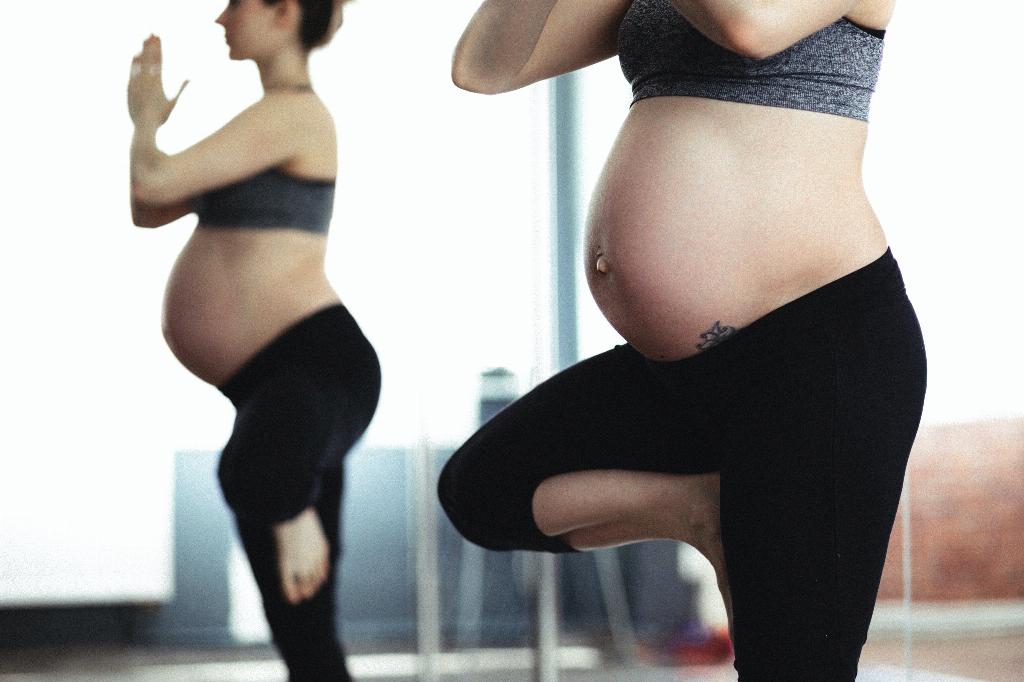Sexual frustration during pregnancy can be a challenging and sensitive issue for many couples. It’s important to recognize that changes in your sex drive and preferences are normal during this time. Hormonal shifts, physical discomfort, and emotional changes can all influence how you feel about sex.
Communication is Key
One of the most crucial aspects of dealing with sexual frustration is open and honest communication with your partner. Talk about how you’re feeling, what your concerns are, and what you both can do to navigate this sensitive period together.
Focus on Intimacy in Other Ways
Remember, intimacy goes beyond just sexual intercourse. Focus on other ways to connect with your partner, such as cuddling, kissing, and simply spending quality time together. Physical touch can help maintain a sense of closeness even when sex may not be on the table.
Explore New Ways to Connect
Use this time to explore alternative forms of intimacy and connection. Maybe try giving each other massages, taking baths together, or simply engaging in activities that you both enjoy. Finding new ways to connect can help alleviate sexual frustration.
Seek Professional Help
If you find that sexual frustration is causing significant strain in your relationship, consider seeking the help of a therapist or counselor who specializes in relationships and intimacy. Professional guidance can provide valuable insights and strategies.
Be Patient and Understanding
Remember that pregnancy is a temporary phase, and your sexual desires may fluctuate throughout this time. Be patient with yourself and your partner, and practice understanding and empathy as you navigate these changes together.
Stay Connected Emotionally
Emotional connection is the foundation of a strong relationship. Make an effort to check in with each other regularly, express your feelings, and show appreciation for one another. Strengthening your emotional bond can help ease sexual frustration.
Focus on Self-Care
Take care of yourself during pregnancy by prioritizing self-care. Engage in activities that help you relax and unwind, such as meditation, yoga, or going for a walk. When you take care of your own well-being, you’ll be better equipped to address sexual frustration.
Set Realistic Expectations
It’s essential to set realistic expectations for your sexual relationship during pregnancy. Understand that it’s normal for things to change, and focus on finding ways to stay connected and intimate that work for both you and your partner.
Experiment and Adapt
Be open to trying new things and experimenting with different approaches to intimacy. What worked for you before pregnancy may not be as comfortable or enjoyable now, so be willing to adapt and find new ways to connect with your partner.
Stay Positive and Supportive
Approach the challenges of sexual frustration during pregnancy with a positive attitude and a supportive mindset. Remind yourself and your partner that you’re in this together and that you can overcome these hurdles as a team.
Conclusion
Dealing with sexual frustration during pregnancy requires patience, understanding, and open communication. By focusing on intimacy in various forms, seeking professional help if needed, and nurturing your emotional connection, you can navigate this period with grace and strengthen your relationship in the process.

